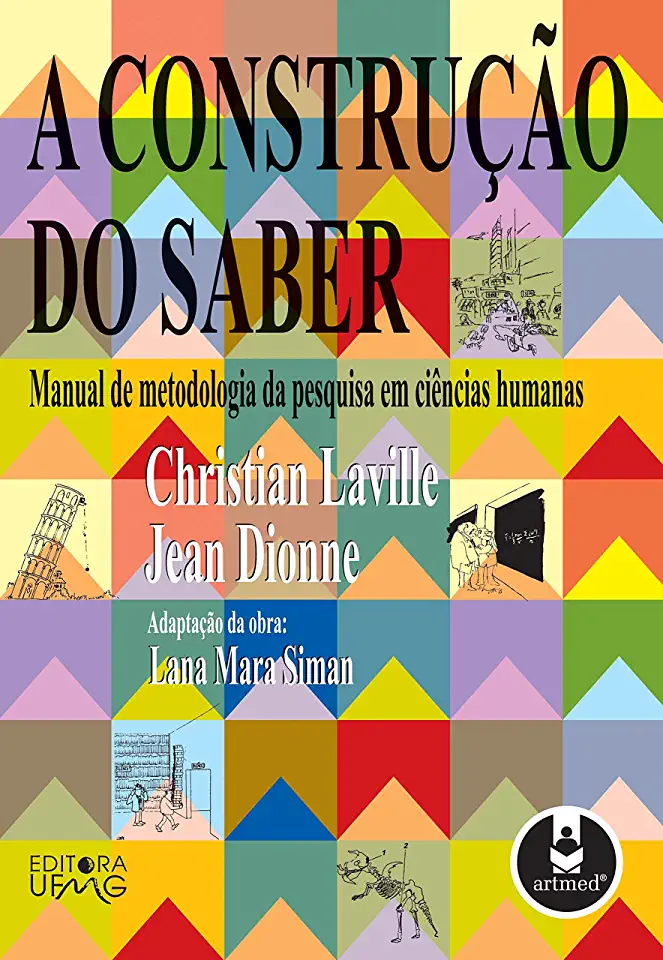
The Construction of Knowledge - Claude Bernard
The Construction of Knowledge: A Revolutionary Approach to Scientific Inquiry
In his groundbreaking work, "The Construction of Knowledge", Claude Bernard presents a revolutionary approach to scientific inquiry that challenges traditional notions of objectivity and truth. Bernard argues that scientific knowledge is not simply a reflection of external reality, but rather a product of the scientist's active engagement with the world. Through a series of detailed case studies, Bernard demonstrates how scientists construct knowledge by interpreting and organizing their observations, and by formulating hypotheses that can be tested and refined through experimentation.
Key Concepts and Contributions
Bernard's theory of the construction of knowledge is based on several key concepts and contributions that have had a profound impact on the philosophy of science and the practice of scientific research.
1. The Role of the Scientist's Mind
Bernard emphasizes the active role of the scientist's mind in the construction of knowledge. He argues that scientists do not passively observe nature, but rather actively interpret and organize their observations based on their prior knowledge, beliefs, and expectations. This subjective element in scientific inquiry, Bernard argues, is essential for generating new ideas and hypotheses.
2. The Importance of Experimentation
Bernard stresses the importance of experimentation as a means of testing and refining scientific hypotheses. He argues that experiments are not simply a way to confirm or refute existing theories, but rather a tool for generating new knowledge and understanding. By carefully designing and conducting experiments, scientists can isolate and control variables, and observe the effects of different conditions on the phenomena they are studying.
3. The Tentative Nature of Scientific Knowledge
Bernard challenges the notion of scientific knowledge as absolute and unchanging. He argues that scientific knowledge is always provisional and subject to revision in light of new evidence and insights. This emphasis on the tentative nature of scientific knowledge highlights the importance of ongoing research and the willingness to question and challenge existing theories.
Applications and Impact
Bernard's theory of the construction of knowledge has had a profound impact on a wide range of fields, including philosophy, psychology, sociology, and education. His ideas have also influenced the practice of scientific research, leading to a greater emphasis on experimentation, hypothesis testing, and the critical evaluation of evidence.
In the field of philosophy, Bernard's work has challenged traditional notions of objectivity and truth, and has contributed to the development of new theories of knowledge and scientific inquiry. In psychology, Bernard's ideas have influenced the development of cognitive psychology and the study of how individuals construct their understanding of the world. In sociology, Bernard's work has contributed to the understanding of how social knowledge is produced and disseminated. In education, Bernard's ideas have influenced the development of constructivist approaches to learning, which emphasize the active role of the learner in constructing knowledge.
Conclusion
"The Construction of Knowledge" is a seminal work that has revolutionized our understanding of how scientific knowledge is produced. Bernard's insights into the role of the scientist's mind, the importance of experimentation, and the tentative nature of scientific knowledge have had a profound impact on a wide range of fields. This book is a must-read for anyone interested in the philosophy of science, the history of science, or the practice of scientific research.
Enjoyed the summary? Discover all the details and take your reading to the next level — [click here to view the book on Amazon!]